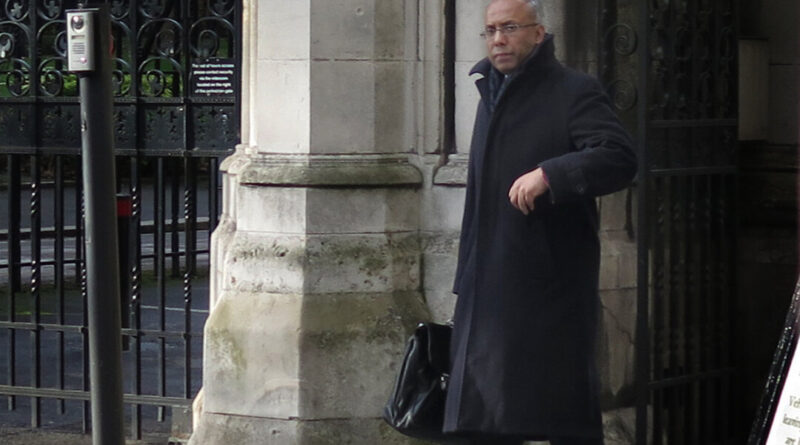London Council with Once-Banned Mayor Placed Under Special Measures by Governement
Inspection of Tower Hamlets revealed a ‘toxic’ culture and a decision-making clique centered around Mayor Lutfur Rahman, who was previously disqualified from office.
Government officials will step in to supervise the operations of an east London council with a tainted history of corruption after inspectors uncovered significant shortcomings and a “toxic” environment.
An examination of Tower Hamlets revealed that decision-making was heavily influenced by an inner circle surrounding the controversial mayor, Lutfur Rahman, who established his own party, Aspire, following his removal by the Labour Party.
Encompassing prominent areas like Bethnal Green, Bow, Stepney, and Whitechapel, Tower Hamlets has a large Bengali population, of which Rahman is a part. Initially elected as a Labour mayor, Rahman reemerged in 2022 representing Aspire, the party now in charge of the council.
Rahman has been the subject of a Channel 4 documentary linking him to an extremist group, the Islamic Forum of Europe. Despite these allegations, no criminal charges have been filed against him.
Following the expiration of his ban from public office, Rahman ran as a mayoral candidate in 2022. Concerns about the council’s culture and resource utilization led the previous Conservative government to send inspectors in February.
Inspector reports identified leadership deficiencies, illustrating how the lack of respect and collaboration among political parties hindered genuine improvement within the council culture.
‘Churn’ of Good Staff
Additionally, a lack of trust resulted in a high turnover at senior management levels. Inspectors noted insufficient challenge to the executive and a perception among staff that speaking truth to power led to the departure of competent managers.
Governance quality suffered as due process was viewed as an obstacle rather than a necessary safeguard, with scrutiny culture described as weak and ineffective while challenging was deemed inadequate.
Inspectors reported a lack of trust across the entire organization, leading to a defensive and suspicious behavior pattern. Decisions seemed to be influenced by advice from a small group of the mayor’s inner circle, with many staff and partners labeling the council culture as “toxic.”
‘Culture of Patronage’
Furthermore, the report highlighted a perceived culture of patronage that undermined trust among members, staff, leadership, and external stakeholders.
Despite the mayor’s community focus, significant time and resources spent in local areas seemed to divert attention from critical strategic relationships.
Inspectors expressed doubts about the council’s capacity for self-improvement, leading to the need for a comprehensive external intervention package.
McMahon emphasized the necessity for a supportive intervention package and proposed appointing ministerial envoys to guide the council towards improvement.
Envoys to Be Appointed
He suggested appointing ministerial envoys to mentor the council, oversee improvement work, and collaborate with board leads for governance, leadership, culture, and partnerships.
The council affirmed its commitment to collaborating with the government on its improvement journey, expressing readiness to work alongside the ministerial envoy and deliver positive outcomes for residents and businesses.





